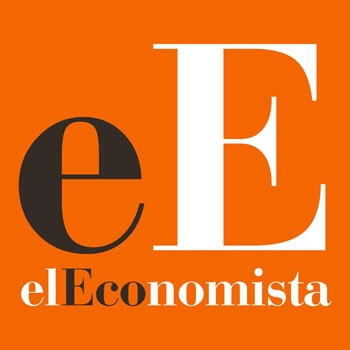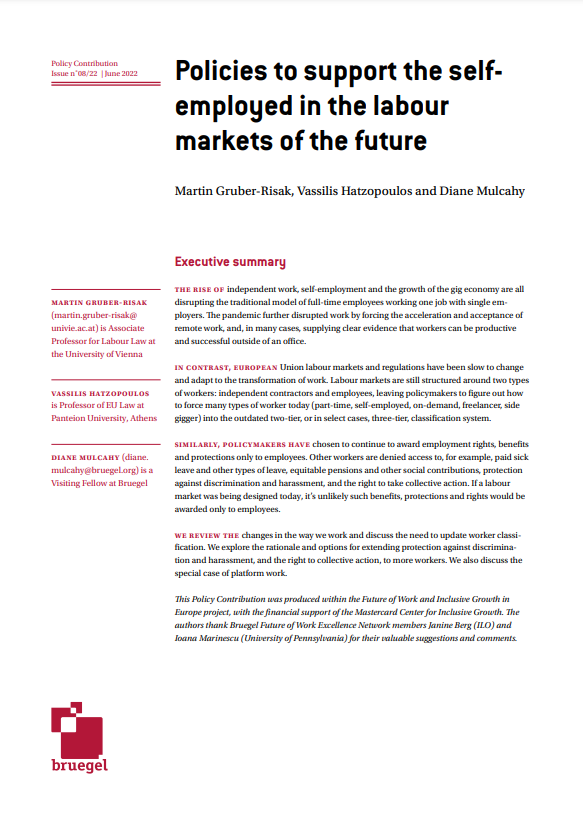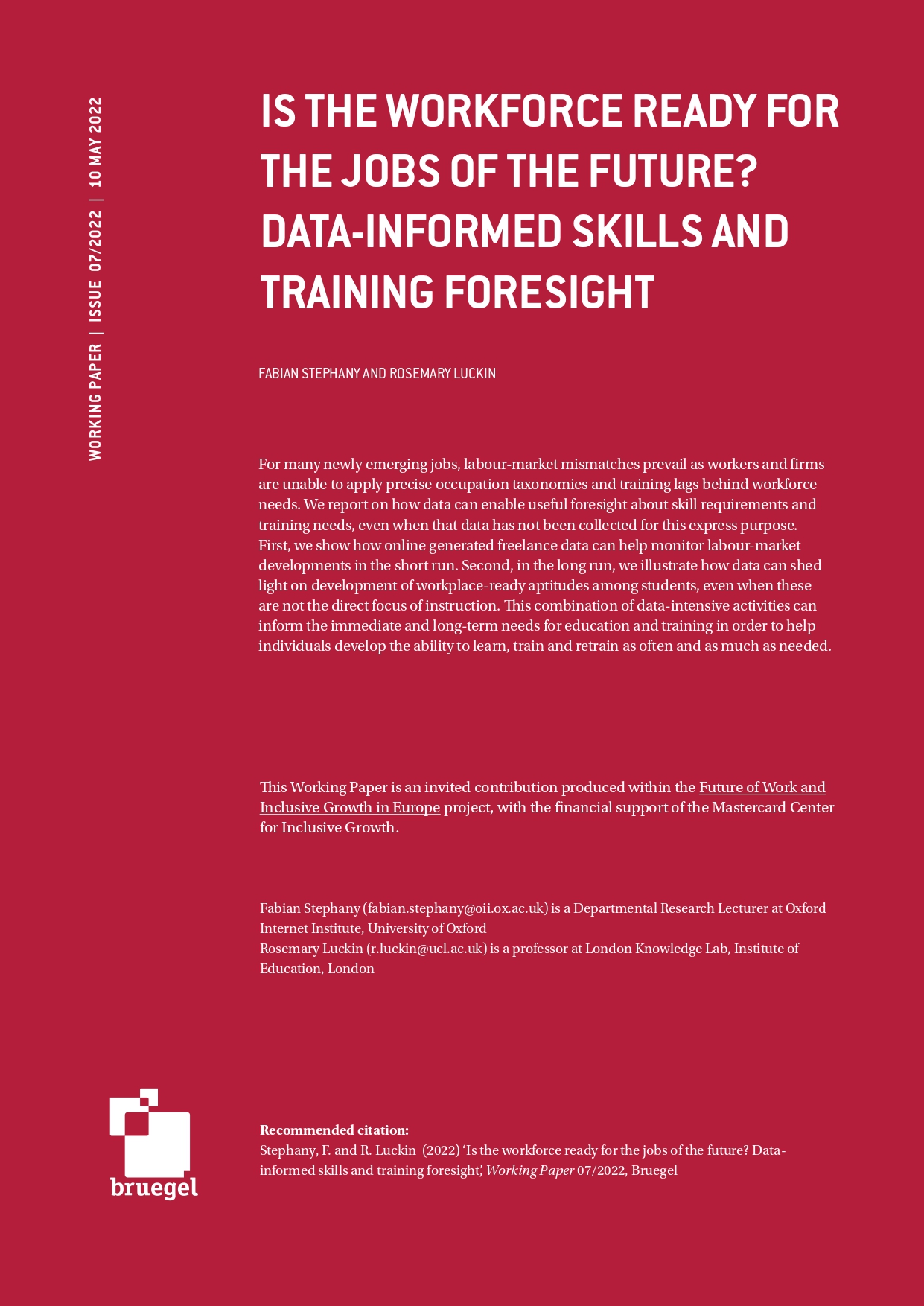Opinion
For remote work to work, new ground rules are needed
The pandemic has shown workers and employers that another way to work is possible. The European Union should develop a framework to facilitate hybrid work.
This piece is forthcoming in Il Sole 24 Ore and El Economista.


With all its tragic burden, the pandemic has also been a unique experiment that has challenged accepted norms.
Before the pandemic, 85% of European workers had never before teleworked. Many did not know their work could be done from home. Most would now like to retain at least a bit of that flexibility.
On the other hand, many employers thought that working from home would reduce productivity. However, even during lockdowns, that has not happened. Before the pandemic, 38% of managers suspected that remote workers would perform less well than in person, yet 82% of senior executives said that productivity has held steady or increased as people have been forced to shift to remote work. Despite their disruptive-innovator rhetoric, even the digital champions leasing the most expensive offices in the world in the San Francisco Bay area had not realised before COVID-19 kicked in that their employees could work from home efficiently.
Yet the transition from a well-defined structure (work is performed at the workplace) to another (workers can work from anywhere) cannot be done on autopilot. Unexpected shocks might provide an opportunity to challenge the status quo, but the shift to a new paradigm will require adjustment.
What we have learned from this mass experiment and what will happen next is relevant in a number ways, including societally. Remote work, for example, has the potential to exacerbate inequality of opportunity. This has been seen clearly during the pandemic: when the crisis hit hard, half of workers with the highest earnings could switch to telework, compared to just 29% of low-paid workers.
It is reasonable to expect that telework will have redistributive effects. At company level, for example, younger workers may find it harder to make a career. In 2014, researchers found that working from home halves promotion rates, conditional on performance. Similarly, telework may increase gender discrimination, for example because women tend to be more exposed to so-called ‘Zoom fatigue’. At regional or country level, the greater geographic mobility of teleworkers might have profound implications on cities, on peripheries, on local economies and on the service sector. Data from the US confirms that the pandemic has contributed to compressing real-estate demand in big urban areas while expanding demand on their outskirts.
Where labour markets fail to self-adjust and address emerging issues, there is scope for policy intervention. Expanding connectivity infrastructure, favouring technological adoption and investing in workers’ digital skills are obvious steps to take. But convergence on hybrid work models also requires overcoming organisations’ internal frictions, such as those that prevented teleworkers from being fully involved in their company’s workflow, or from being assessed on an equal footing with on-site workers. Those frictions help explain pre-pandemic low levels of remote work. But the pandemic has done nothing to remove them; it has just prevented them from kicking-in by forcing anyone who could to work remotely. Without a structural change in the organisation of work, the lessons learned from the pandemic will likely fade soon.
In 2002, following a European Council initiative, worker, company and public sector representatives in Europe signed a Framework Agreement on Telework. This contains a number of measures to protect teleworkers, including measures to limit unfair monitoring of workers, to safeguard worker privacy and personal data, to enhance well-being, address safety risks and protect the ability of workers to exercise collective rights.
But implementation of the telework framework has not been uniform across the EU, leaving Europe with a scattered picture of national, regional and local laws, and sectoral and company-level agreements. That does not match well with the freedom of cross-border movement within the EU single market in a post-pandemic world in which workers increasingly want geographic flexibility. Most strikingly, the framework was drafted in what now seems like the prehistory of today’s economy. After a pandemic and twenty years of technological development, the need for an update is clear.
The pandemic has shown workers and employers that another way to work is possible. Many now have a legitimate expectation that they will have more flexibility in a post-pandemic society. They should now have the choice to challenge the world as they knew it, if they wish to do so. However, without fair new ground rules, that choice may only remain available on paper. A new telework (or hybrid work) agreement between EU social partners backed by the EU institutions is a first concrete option to consider. The new agreement should reckon with technologies such as artificial intelligence and their uses, which twenty years ago could not be foreseen. Most importantly, it should provide the basis for a new work environment in which physical and virtual can efficiently blend, where on-site and remote workers share the same rights and access the same opportunities.
This was produced within the project ‘Future of Work and Inclusive Growth in Europe’, with the financial support of the Mastercard Center for Inclusive Growth.
Republishing and referencing
Bruegel considers itself a public good and takes no institutional standpoint.
Due to copyright agreements we ask that you kindly email request to republish opinions that have appeared in print to [email protected].









